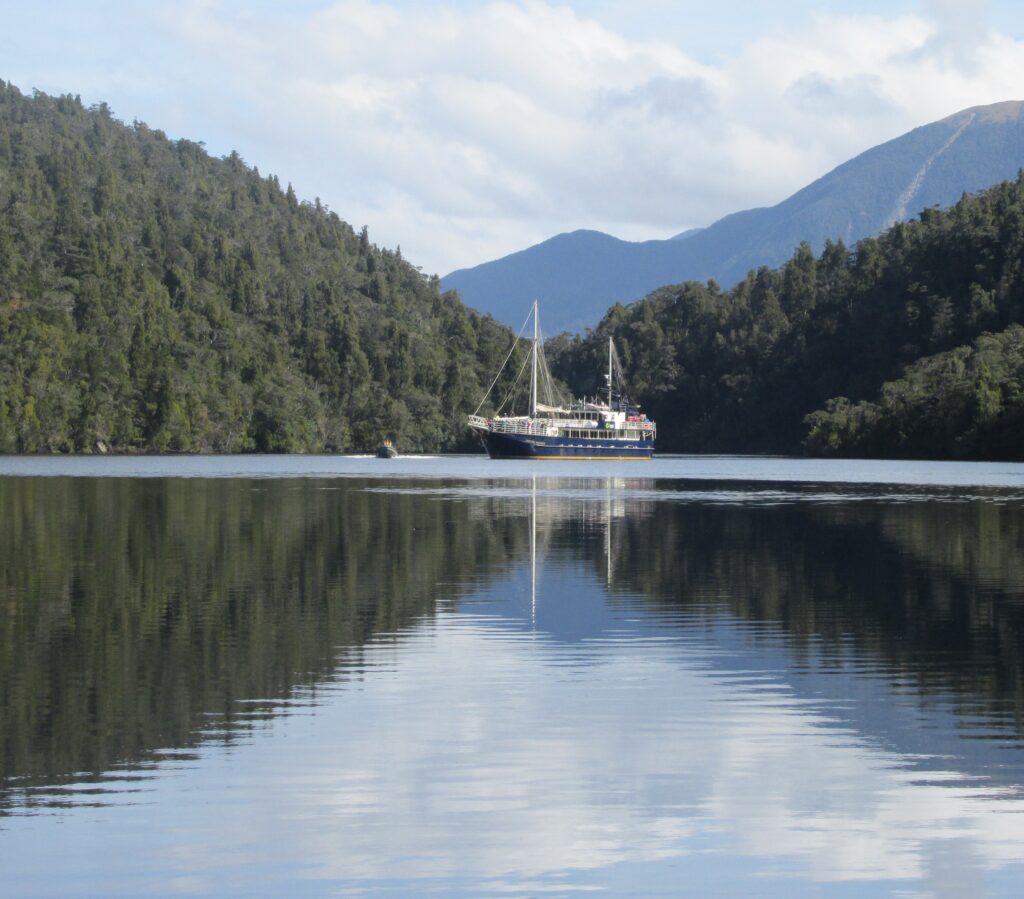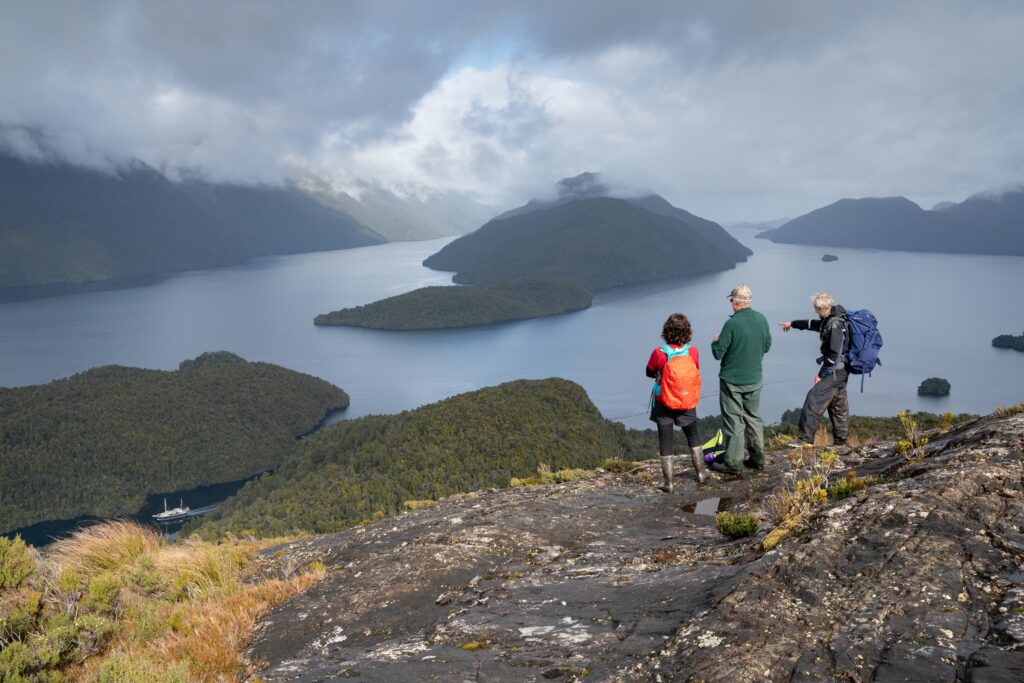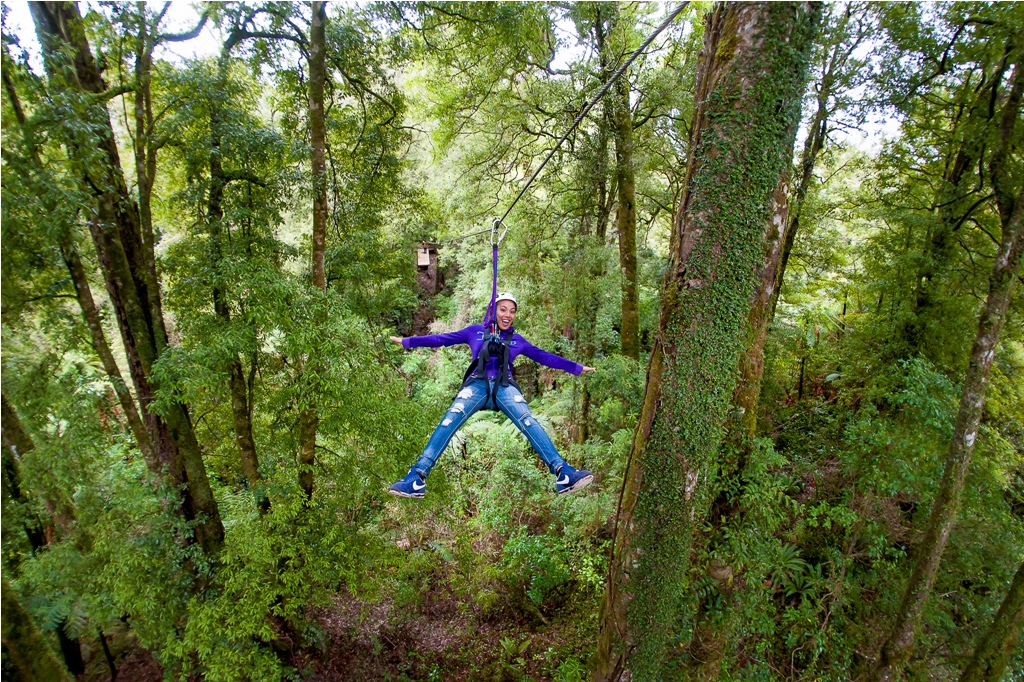Can a small country at the end of the world, reliant on long-haul flights to deliver its visitors, possibly lead the world in sustainable tourism? If anyone can, Aotearoa New Zealand can. And tourism operators throughout the country are committed to making it easy for visitors to have a positive impact on the local communities and environment they are enjoying. As New Zealand’s tourism industry rebuilds from the pandemic, we know that well-managed, welcoming, innovative, and sustainable businesses have greater appeal to visitors, who are increasingly demanding that businesses share and live their values and are demonstrably operating for the greater good.
Last year’s Booking.com survey of 30,000 travellers across 32 countries found that four in five (81%) confirmed that sustainable travel is important to them. This percentage increases amongst a more youthful audience. 50% of global travellers said that recent news about climate change had influenced them to make more sustainable travel choices, and the desire to travel more sustainably is growing.
Getting this right is very important for New Zealand; we want to ensure we have a sustainable industry in the future, providing truly meaningful and authentic experiences for visitors while also benefiting the communities and people of New Zealand.

Some tourism businesses used their time during lockdown – when they could not operate their business at all – to get their net-zero carbon certification. This demonstrated a high level of confidence in the future and a clear desire to develop a more sustainable approach.
Many tourism operators have evolved and reorientated their focus over the last two years. For instance, tour company RealNZ has reimagined itself into ‘a conservation business powered by tourism’. Vehicle hire operator GO Rentals has used the last two years to put the foot down on its EV fleet, and now have 20 Teslas with the intention being to accelerate into more Hybrid and EV as supply and infrastructure allows.
Rotorua Māori and geothermal attraction Te Puia has considered how it can offer a more intimate experience to deepen the opportunities to connect to culture. Rotorua Canopy Tours has continued to donate products to various local groups and community events over the last two years – post-COVID their donations have exceeded NZ$140,000.
“We want to ensure we have a sustainable industry in the future, providing truly meaningful and authentic experiences for visitors while also benefiting the communities and people of New Zealand”
At the time of writing, more than 60 businesses in four regions were undertaking intensive, individualised programmes to accelerate their sustainability journeys with TIA. Launched by tourism business association Tourism Industry Aotearoa in 2017, the New Zealand Tourism Sustainability Commitment He Kupu Taurangi Kia Toitū Ai Te Tāpoitanga was developed as a uniquely New Zealand response to improving sustainability. It is based on the UN’s Sustainable Development Goals and provides a framework to enable tourism businesses to create their own sustainability plans and contribute to our collective vision to lead the world in sustainable tourism.
The Commitment considers four elements of sustainability: Economic, Visitor, Community and Environmental. While some programmes address sustainability in terms of economic, social, and environmental factors, we feel it is important to split that social component into separate visitor and community areas. Both of these are vital for us to have a successful and sustainable industry which gives back more than it takes.
The Tourism Sustainability Commitment has been welcomed with overwhelming support from New Zealand’s tourism industry, with around 1600 tourism businesses having pledged to operate more sustainably. Businesses do not need to meet every Commitment in order to sign up, and they don’t need to meet every Commitment right away. Sustainability is a journey, and the important thing is to get started.

The Commitment is based on a foundation of three traditional Māori (and New Zealand) cultural values:
- Kaitiakitanga, or the guardianship and protection of our natural, built, and cultural resources for the benefit of current and future generations
- Manaakitanga, or showing respect, hospitality, generosity and care for others
- Whanaungatanga, a relationship through shared experiences and working together to provide people with a sense of belonging
Supporting the Tourism Sustainability Commitment is the Tiaki Promise, an initiative to help all travellers to New Zealand to care for our people, place and culture, for now and for future generations.
In Aotearoa New Zealand, people have a strong connection to the place around them. Tangata whenua (people of this land) see nature as something intrinsically intertwined with their own lives. For Māori, every mountain, every river, and every tree has a story. These stories form part of their own identities and help to shape their place in the world. Tiaki invites us all to look at the world through this indigenous lens; to form a deeper connection with place, and to reflect this in our attitudes and behaviours.
To commit to travelling in this way is to take the Tiaki Promise.

One of the challenges we face as a destination is that most international visitors travel by plane, and that has carbon implications. Air New Zealand is leading the way, committing to reaching net carbon zero by 2050 through the use of sustainable aviation fuel and a wide range of other measures to operate more sustainably.
We want to make sure that travel to and within New Zealand has positive benefits for our communities, the environment, and the visitors themselves. We are confident that our visitors will have even more engaging, authentic experiences when tourism businesses are operating more sustainably within their local community and environment.
Together, by our collective actions, we can make a real difference, as expressed in this Māori whakatauki (proverb):
Ehara taku toa i te toa takatahi engari he toa takitini
Our strength is not made from us alone but made from the many.

